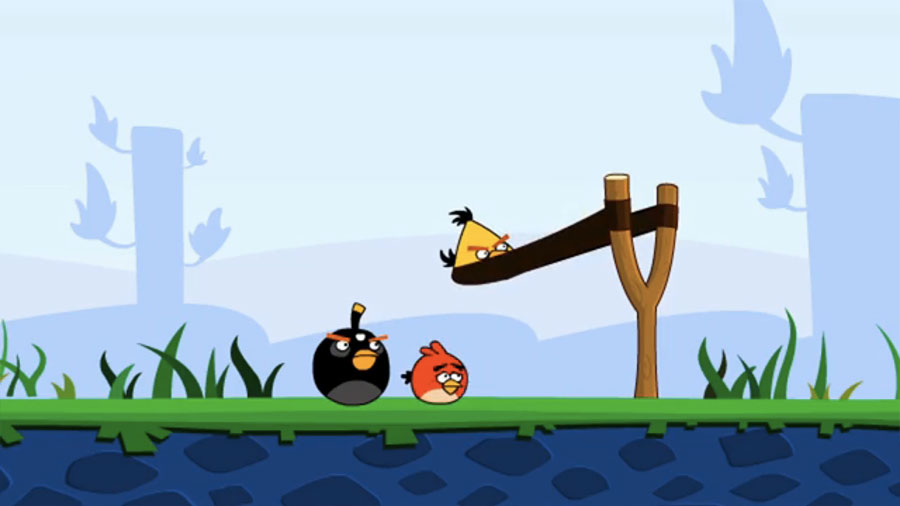Whenever I do something over and over again until I figure it out, I think of my first video game called MYST. The goal of the game was to wander around an otherworldly feast of an island until you “figured it out.” I still can’t believe how much time I spent there, totally immersed. It doesn’t surprise me at all that MYST is now called “a classic,” a “first.”
Twisting dials, wandering off the path to check out that glimmer over there. Detecting patterns, finding keys (or clues to keys) until the door opened or the book closed or the light finally came on. All you needed was your cursor, some bandwidth, and a stretch of time. It was the embodiment of trial & error, and you kept at it because with ingenuity and tenacity, you were always rewarded—sometimes delightfully.
My work everyday involves figuring things out. For example, my aim in talking about values and work is to find that slightly different angle that allows you to finally “see” how fulfilling it can be to feel proud of what your doing at work and clear about why you’re doing it. So I keep spinning the dials and pushing the levers until I think I’ve gotten it right, or at least better than I got it the last time.
Trial & error is what made some of the Goats such an inspiration (Just Plain Funny #2). They kept at it, got it well enough, grabbed the finish line, and were (I think) a lot better for the effort than those who glided or stumbled over it.
Gaining mastery at your work takes lots of trials and nearly as many errors. You’ve got to want to keep coming back, over & over again, and taking another shot–maybe 10,000 shots. But as we lay down new tracks in our brains along the way (check out Daniel Coyle’s wonderful book The Talent Code about these new tracks) mastery will not only come. It will feel like a breakthrough. New territory.
Because that’s what mastery feels like. A whole new world.





